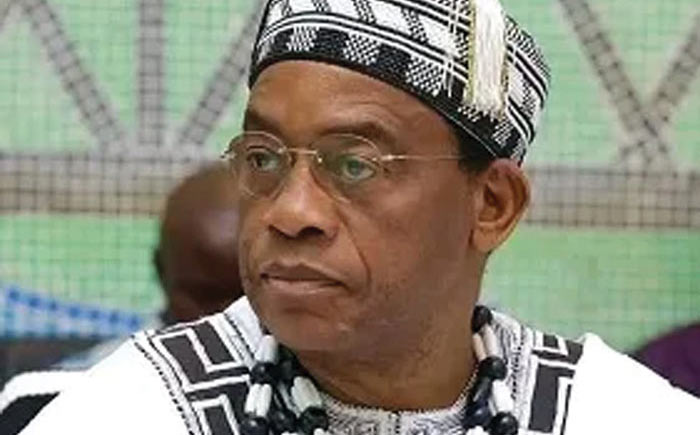
ABUJA — In the heart of Nigeria, a brutal conflict is unfolding, yet a significant portion of the country's media has been accused of downplaying the scale and nature of the violence. A recent analysis reveals a pattern of media outlets framing what many survivors call targeted attacks as "herder-farmer clashes" or the work of "bandits," a choice of words critics argue obfuscates the true nature of the crisis.
For communities across the Middle Belt, the violence is anything but a simple clash. On June 13, 2025, in Benue State's Yelewata village, more than 270 Christians were massacred by what witnesses identified as Fulani militias. "I lost over 30 relatives," Tazaar Aloysius Dende, a resident, told a journalist. "My younger brother, his two wives, and their grandchildren were butchered."
In nearby Otobi-Akpa, 10 villagers were killed, and over 200 were injured in a similar attack. This pattern of destruction—gunmen arriving at night on motorcycles, torching homes, and displacing entire communities—has become a grim reality for thousands in Plateau, Taraba, and Southern Kaduna states.
A review of Nigeria's major newspapers shows a stark divide in how the conflict is reported.
Daily Trust, a prominent national newspaper, consistently uses the term "herder-farmer clashes." On July 1, following an attack that killed more than 70 people in Plateau State, the paper framed the event as a land dispute, making no mention of the fact that the victims were all farmers and the attackers suffered no casualties.
Leadership Newspaper, based in the North, often labels the perpetrators as "bandits," "foreign herders," or "terrorists"—terms that avoid ethnic or religious specificity. This framing, critics say, shifts the blame to foreign criminals and deflects from the ethno-religious dimensions of the attacks.
Southern newspapers show a more varied approach. In April 2025, Vanguard published statements from the Southern and Middle Belt Leaders Forum that described the violence as "genocidal massacres by Fulani militias." In contrast, Punch has taken a more restrained tone, labeling the violence a "herder-farmer crisis" even while quoting accusations of genocide.
David Onyilokwu Idah, Director of the International Human Rights Commission in Abuja, points to a complex web of reasons for the media’s reluctance to call the violence by its name.
"The reluctance of Nigerian media to call the violence by its name can be traced to several overlapping pressures," Idah said. He cited the political structure of the country, where Fulani elites hold many key positions of power, creating a risk of political backlash or censorship for critical reporting.
Idah also highlighted the influence of media ownership, personal safety risks for journalists, and the government's own narrative. Many media outlets are owned by powerful individuals who shape editorial policies to avoid implicating Fulani groups. Journalists on the ground also face "life and death" risks when reporting from volatile conflict zones, a challenge compounded by the government's tendency to frame the crisis as a resource-based conflict rather than one with ethnic or religious undertones.
According to the Observatory for Religious Freedom in Africa (ORFA), the statistics paint a grim picture that is rarely reported by mainstream Nigerian media.
Between October 2019 and September 2024, Fulani Ethnic Militia were responsible for over 16,900 civilian deaths, accounting for 47% of all civilian killings in that period.
In contrast, Boko Haram and ISWAP were responsible for just 11% of the killings.
Christians were killed at a rate 5.2 times higher than Muslims in the affected areas.
29,180 abductions were recorded by ORFA between October 2019 and September 2024.
By the end of 2024, 3.4 million Nigerians had been displaced, many from the Middle Belt states.
The analysis concludes that the media’s use of euphemisms has helped shield the perpetrators, misled the nation, and stalled international action. Until the truth is "boldly told," the ongoing crisis will remain unseen by many.
Lagos, Nigeria.
+234 913 161 4181
+234 803 961 8550
+234 802 321 3873
info@pepperroom.com.ng
© 2025 | 🌶️Pepper-Room - Everything Loud, Wild, and Worth Talking About. | All Rights Reserved.
Pepper-Room is not responsible for the content of external sites.